Consequential…
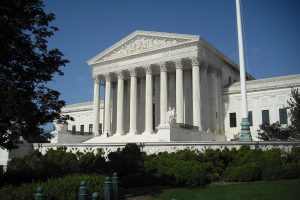
Observers have already described the Supreme Court’s current term as monumental. From Chief Justice Roberts ruling against Louisiana’s abortion law to the Court preventing “faithless electors” from subverting the electorate, dramatic moments have played out time and again.
Even as the term comes to a close, there remain four consequential decisions the Court has yet to deliver.
The rulings present both Republicans and Democrats with opportunities and risks in a high-stakes election year.
(H/T The Hill)
Trump’s Financial Records

Congressional Democrats and the District Attorney of New York County have subpoenaed President Trump’s financial records, including his tax returns.
Subpoenas by a trio of Democratic-led committees followed Michael Cohen’s testimony before the House Oversight Committee, where he alleged that Trump inflated his net worth to secure large loans.
Manhattan-based District Attorney Cy Vance is simultaneously seeking eight years of Trump’s tax returns to find evidence as to whether or not Trump made hush-money payments to women he allegedly had extramarital affairs with.
Justices appear divided ideologically regarding the validity of the subpoenas issued by House Democrats. The conservative bloc voiced concerns about giving Congress too much power, which could lead to presidential harassment. Liberals were more concerned with their perception of placing unnecessary restraints on lawmakers trying to provide oversight.
The subpoenas issued by New York District Attorney Cy Vance seem less problematic for the justices. During oral arguments, Trump’s lawyer didn’t seem to make much headway arguing that presidents’ posses blanket immunity from prosecution. Justices expressed skepticism given the Court’s previous rulings against Presidents Nixon and Clinton while they were in office.
Obamacare Contraception Mandate

From the very beginnings of Obamacare, employers who opposed dolling out birth control have resisted the notion that they must pay for their workers’ contraception.
However, Obamacare’s contraception mandate requires most insurance plans and employers to pay for their employee’s birth control without “out-of-pocket” expenses.
During the Obama administration, religious nonprofits were exempt from this rule. Under the Trump administration, exemptions have expanded to included businesses and companies who publicly express a moral objection to the mandate.
Justices appeared closely split during oral arguments over the Trump administration’s extended exemptions. Liberal justices expressed concerns about undermining Obamacare’s original intent, whereas conservatives expressed a willingness to let individuals make their own choices regarding religious liberty and family planning.
Religious Exemptions From Discrimination Suits

Another imminent ruling will affect religious liberty. Here the Court revisited a case from Los Angeles where the defendants, two Southern California Catholic schools, asked for immunity from a discrimination suit brought by two former teachers.
The case weighs the significance of First Amendment safeguards for religious employers versus workers’ rights. One way or another, the Court’s decision will bring greater clarity to the opaque “ministerial exception,” an area of law derived from the First Amendment which prohibits lawsuits by employees who are considered “ministers,” due to the religious nature of their work.
The plaintiffs’ lawyers argue that although there were religious aspects to their jobs as educators at a parochial school, their predominant focus was education.
The justices appeared divided at the time as to whether or not the former teachers’ professional responsibilities were enough to trigger the ministerial exception.
Native Sovereignty in Oklahoma
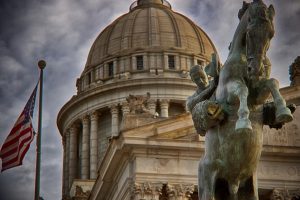
The Court will resolve a territorial dispute between the State of Oklahoma and the Muscogee (Creek) Nation.
The tribe is challenging state authorities determined to prosecute a crime that arguably took place on the tribe’s reservation by one of its members.
However, the state contends that the crime scene did not fall within the reservation’s boundaries and even if the reservation extended that far at some point in the past, those boundaries were disestablished long ago. To that Creek officials say the reservation never partially dissolved; moreover, Congress never transferred authority over the land.
The case has broad implications, potentially determining who has authority over half of the Sooner State. It could also be the catalyst for legal challenges from other tribes across the country.
Advertisement
Support the Landmark Lawsuit Against Antifa

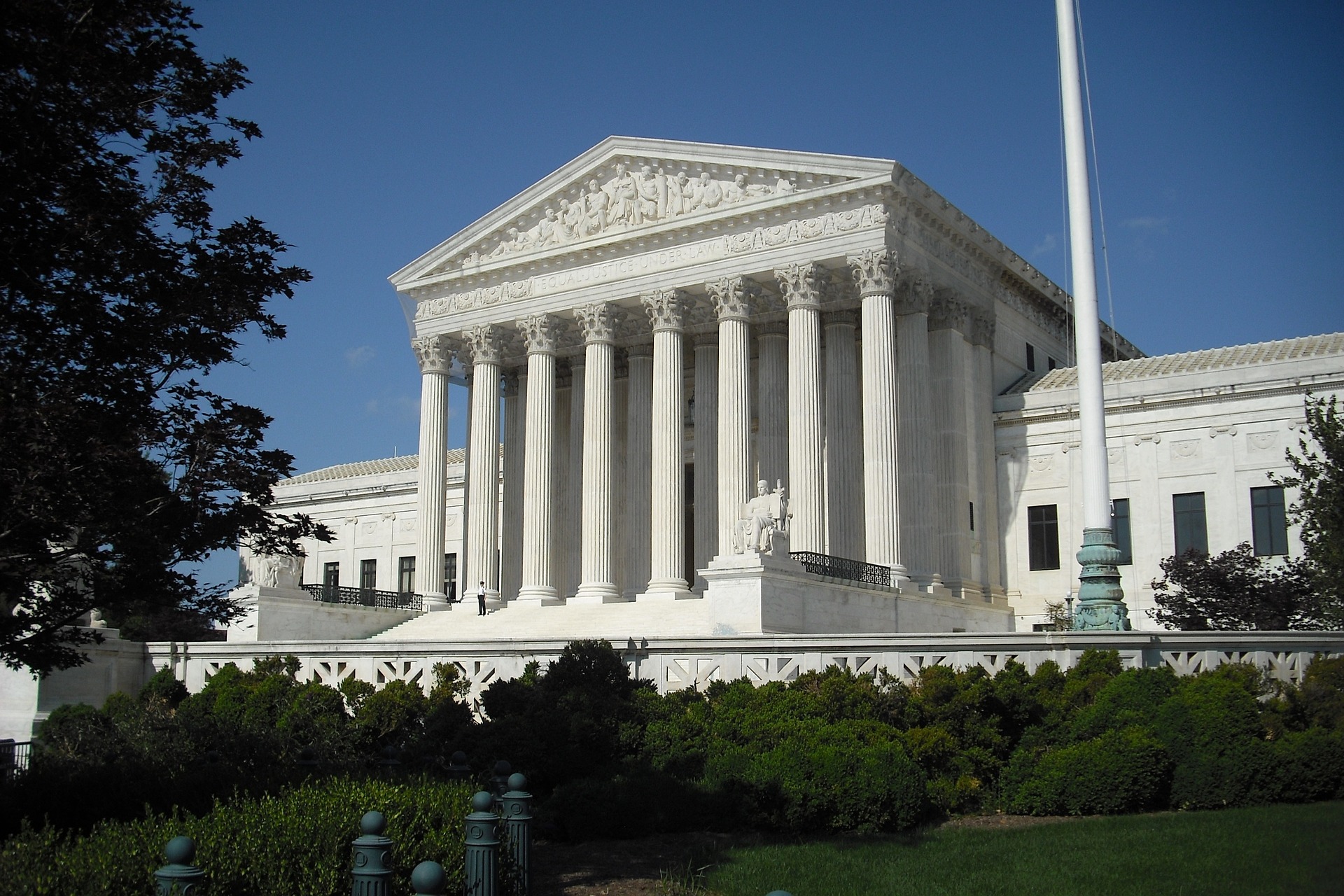
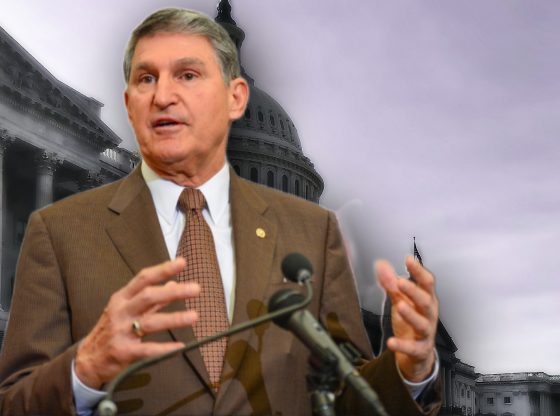
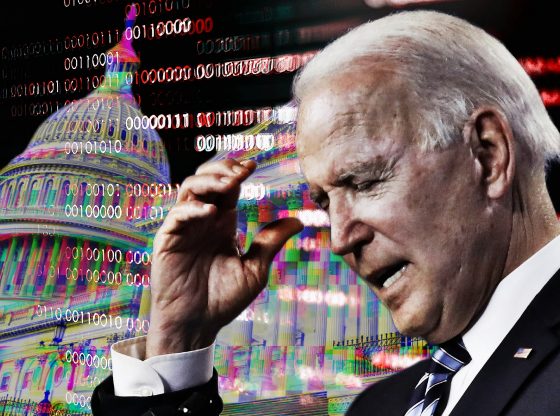
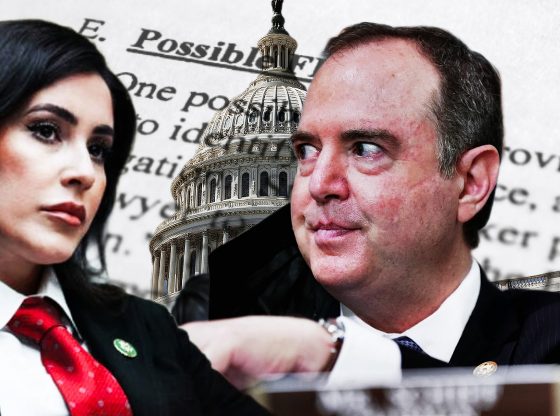

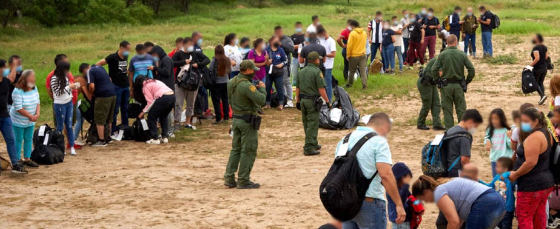
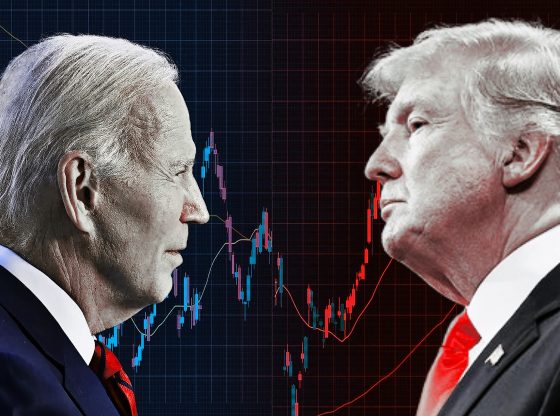


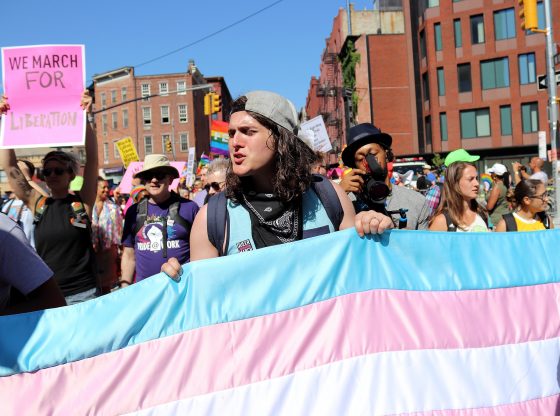




Obamacare Exemption & Religious Most Vital to Hear BUT will they??
You realize that you might actually approach performing real journalism if you remembered to mention what the four cases are.
So you removed my comments. Fine. Now I will put your articles in the JUNK DRAWER.
See. You will fall by the wayside for UNINTENDED CONSEQUENCES.
God have mercy on your leftist soul.
Ah. the comments are not gone. Good.
As to the Indians?????? i am part Indian. The shame is that we allowed them to be separate and have their own government. My 3/4 Comanche brother in law has suffered under the corruption of the BIA. And it continues today. And the individual Indians are on welfare and cannot function in society or life. Time to disband all “INDIAN NATIONS” and let them become Americans.